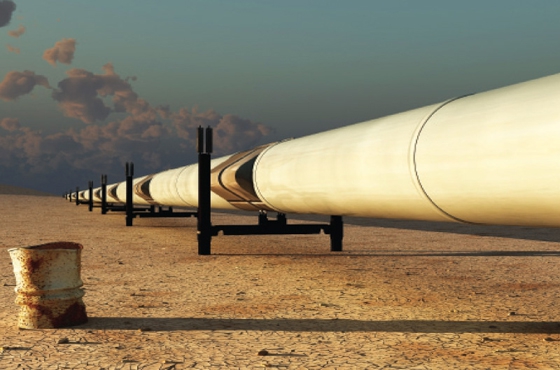Iraq is planning to tender its $13bn Common Seawater Supply Project (CSSP) before the end of 2016, according to an Oil Ministry official.
“The main contracts for the project will definitely be tendered before the end of the year,” Nateq Khalaf said, speaking in an interview. “This project is key to the country’s upstream strategy.”
Khalaf, who is responsible for the supervision of oil and gas schemes in southern Iraq, also said the front-end engineering and design (feed) for the CSSP is in its final phase.
The latest comments from Khalaf come days after Iraq announced a deal with state-owned China Petroleum Pipeline (CPP) and other foreign companies to secure investment in the CSSP.
CPP is a subsidiary of China National Petroleum Corporation (CNPC) and specialises in engineering and construction.
The CSSP aims to replace existing use of fresh river water at Iraq’s southern oil fields with seawater pumped through a network of pipelines.
Austria-based engineering consultancy ILF is handling the feed study for the pipelines, with US-based Parsons carrying out the feed for the pumping facilities.
The CSSP will provide the operators with water to inject into the reservoirs to increase pressure and boost recovery, with targeted recovery rates of 50 per cent. It will also free up fresh water for use by the local population.
It will have the capacity to deliver 12.5 million barrels a day (b/d) of seawater through 426 kilometers of pipeline. It will include eight interconnecting stations and 10 delivery stations.
The CSSP has suffered several setbacks since it was first conceived. Originally led by US oil major ExxonMobil, the scheme is now being managed by US engineering consultancy CH2M, which was appointed in a $170m deal in late 2012. The official timeline for completion in 2017 now looks to be out of the question. With the project at the feed stage, it is likely to be completed by 2019 at the earliest.
Construction work has been planned over two phases. Phase one will provide 6.7 million b/d of water for the five fields of Zubair, Rumaila, West Qurna-1, West Qurna-2 and Majnoon.
Further phases will increase supplies to these fields, as well as to the Gharraf, Halfaya and Missan oil fields. Depending on Iraq’s targeted crude production levels, the total demand for water could reach 12.5 million b/d.
SIMDEX
26 May






















































